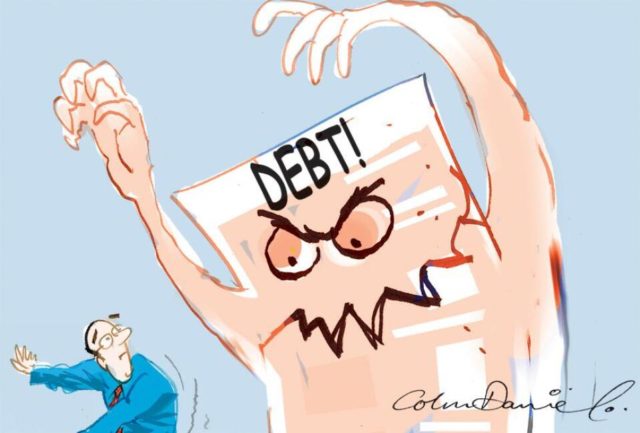After months of debilitating petrol price increases, culminating in record hikes in March and April on the back of soaring global oil prices – South African motorists are set to see slight relief in May after the rand nosedived in a week of turmoil.
By Neil Roets
AFTER months of debilitating petrol price increases, culminating in record hikes in March and April on the back of soaring global oil prices – South African motorists are set to see slight relief in May after the rand nosedived in a week of turmoil. Sadly, this may well be a case of too little, too late.
The Department of Mineral Resources and Energy announced on Tuesday, 3 May, that there will be a decrease of 12 cents per litre for 95 Octane petrol and 93 Octane petrol – which will bring down the cost per litre to R21.84 and R21.51, respectively, – while diesel will be hiked by 98c (0.05 percent sulphur) and 92c (0.005 percent sulphur). The fuel price adjustments came into effect today.
This dashes the hopes of motorists who were hoping for a substantial drop after months of increases – notwithstanding the government’s temporary reduction of the general fuel levy (GFL) that remains in effect until May 31.
Although the news of any small petrol price reduction is welcome, it is simply too little too late to have any effect whatsoever on the pain consumers continue to endure when purchasing fuel at the pumps. Petrol and diesel prices have surged by more than a third over the past year. What we need is a long-term solution.
The government’s efforts to rescue consumers will not be able to save the vast majority of consumers who have been hit with consistent petrol price hikes for over a year and who are now living on credit to get through each month.
Consumers have been pushed to the verge of the cliff and bringing down the petrol price by a few cents per litre will not stop them from falling over the edge.
The reality is that the fuel price hikes are just one of a volley of living cost increases South Africans have been pummelled with over the past few months, and now a substantial portion of households can no longer afford even basic goods and services.
Our most recent consumer survey shows that 72 percent of people can no longer cover their household electricity needs, while an astronomical 88 percent have had to cut sharply on basic goods and services to manage their increased living costs.
Putting nutritious food on the table has become a challenge for most South Africans, let alone the hundreds of thousands who go to bed hungry every night.
Take, for example, the Household Affordability Index food basket, released by the Pietermaritzburg Economic Justice and Dignity Group (PMBEJD) on April 29, which shows yet another increase of R92.84 (2.1 percent), taking the cost of the average food basket from R4,450.09 in March 2022 to R4,542,93 in April 2022.
This means that, for too many households, yet another one of the staple foods will simply disappear from the grocery list this month, and who knows what fresh horror May will bring to the table.
It’s no wonder then that Debt Rescue has seen a year-on-year increase in the number of South Africans seeking debt relief.
Neil Roets is the chief executive of Debt Rescue
BUSINESS REPORT








